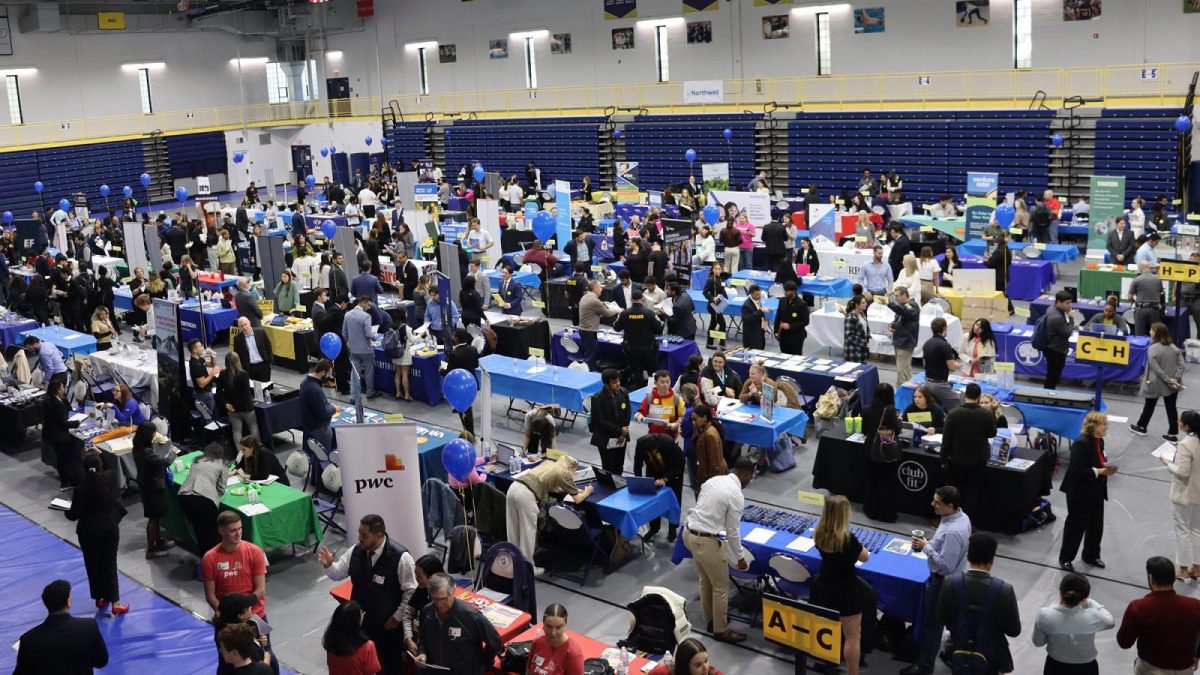Beekeepers across the U.S. have reported an unprecedented surge in honeybee deaths, as commercial operators have reported an average loss of 62% from June to February. With 1.6 million of the U.S.’s 2.7 million bee colonies absent, experts fear that this downward trend might negatively affect grocery prices nationwide.
Despite there not being a clear consensus on the cause of the deaths, some entomologists, scientists who study insects, blame a rise in global temperatures. Changing weather patterns can confuse the bees, causing them to leave the hive too early or too late and look for food that isn’t actually in bloom. Entomologist Dr. Juliana Rangel from Texas A&M University told The Independent in an interview, “The bees think, oh, it’s warm enough, I’m going to go out and look for food — But there’s actually no food. They came back, and they spent a lot of the reserves they had, but they didn’t bring any food back.”
According to the National Park Service, honeybees are the backbone of our country’s $17 billion agriculture industry and are responsible for pollinating more than 75% of the world’s natural supplies, all the while researchers remain puzzled as to what is causing the record deaths. “This is one of the years where, from what I’ve heard through the grapevine, these beekeepers may not even recover,” said Geoffrey Williams, an agriculture professor at Auburn University who co-authors a yearly survey on bee losses each year. “In some cases, I think we’re going to lose beekeeping companies because they had to essentially just throw in the towel.”
California, for example, produces 80% of the world’s almonds, and without honeybees that industry would be permanently crippled. Blake Shook, a Texas beekeeper who co-founded a business that supports others in the bee business, told the Texas Tribune in an interview, “The beekeeping industry has been warning for almost 20 years that we’re going to pass a point of no return at some point — bees are the backbone of agriculture, all things that make food delicious and nutritious come from honey bees.”





































